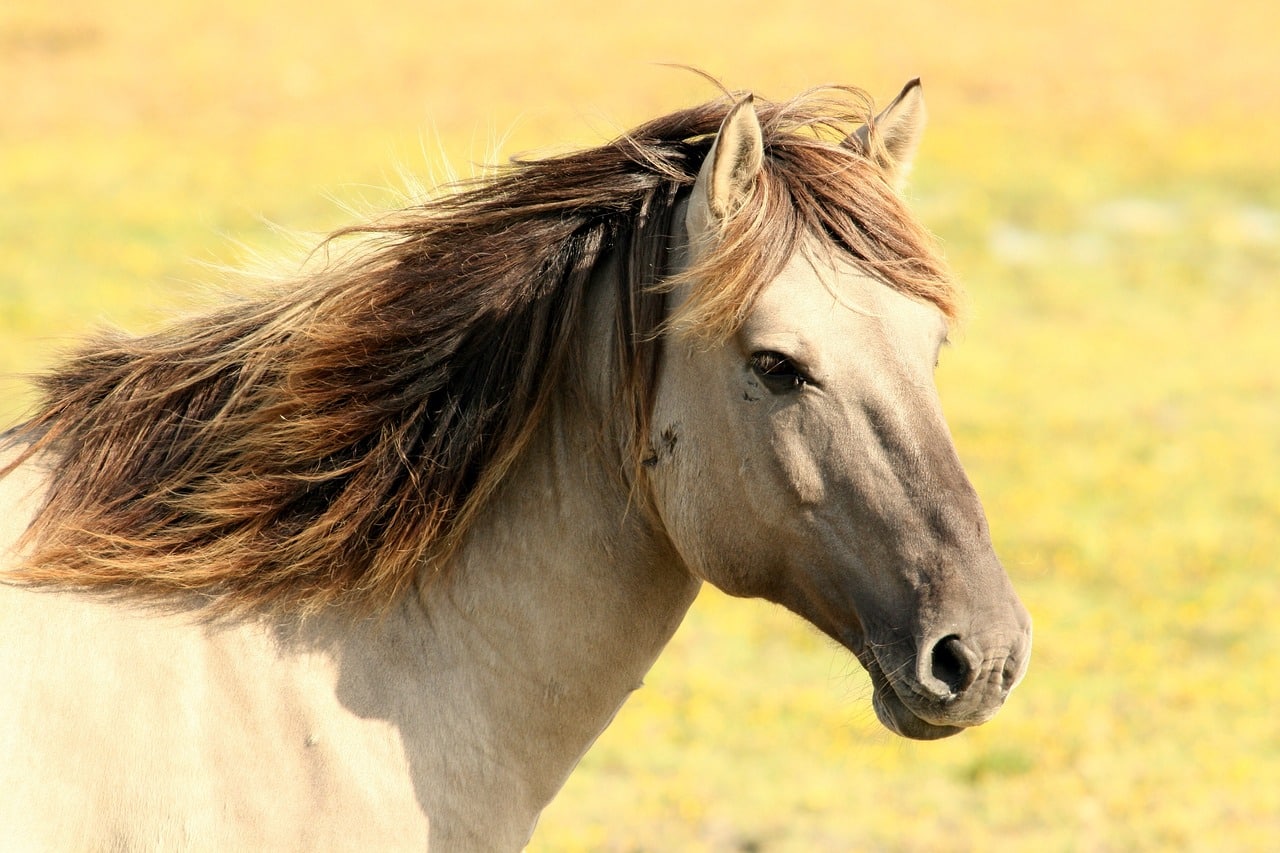
A tame animal is not brave.
Meek is an adjective that can refer to someone with soft characteristics . This is just one of its meanings.
Etymology and meanings
The term meek has an interesting etymology: it comes from the Latin mansus , which means "domesticated" or " docile ." Over time, this word has acquired different meanings in Spanish, among which are the following:
- as an adjective : refers to a person or animal that is calm, docile, or gentle in its behavior . It is also used to describe something that is not aggressive or dangerous. This meaning comes directly from the Latin mansus ;
- as a noun : in some contexts, meek can refer to a person with a submissive character, someone who is not energetic or who avoids conflict (e.g.: "This morning I spoke with the meek" );
- in the religious sphere : in the Christian religious context, meek is one of the values or attitudes recommended by Jesus Christ in the Sermon on the Mount: "Blessed are the meek, for they will inherit the earth" ;
- In the geographical area : in some regions of Latin America, especially in rural areas, manso is used as the name of rivers or streams with calm currents .
It is important to keep in mind that, although the different meanings of manso may have a connection in their etymological origin, they have acquired particular nuances and uses over time in the evolution of the Spanish language.
Quiet, peaceful or docile
A meek individual is someone who is calm, peaceful , or docile . For example: “Ricardo is meek, it is not easy to make him angry,” “I consider myself a meek man since I don't like to argue or fight,” “I thought the boy was meek, although this morning he got into a fight with some classmates who "They bothered him."
tame animal
A tame animal , meanwhile, is not brave . These individuals have a calm character and do not tend to be aggressive : “He is a gentle horse, you will have no problems walking with him,” “I want to adopt a dog that is gentle so as not to put my children at risk,” “My uncle grew up in a circus and he always told me that, when he was a child, he used to play with a tame tiger.”
Note that the adjective tame is used to describe animals more frequently than people. This may be due to different reasons, such as that physical violence is repressed in our society but is an essential part of the survival of other species. In other words, it is not usually necessary to clarify that "a person is not violent", while the opposite is expected from certain animals.
something calm or appeased
When the concept is applied to something insensible or immaterial, it refers to something calm or calm : “You will not have problems sailing because this is a calm river ” , “The calm sea was an inconvenience for young people who wanted to surf” , “The night is beautiful thanks to that gentle air that relieves the heat.”
As can be seen in the first two examples, we usually use this adjective to talk about water that does not pose a threat to human beings. Since we are not prepared to stay afloat indefinitely or to breathe underwater, it is essential for us to know the characteristics of a sea or a river before deciding to swim in them.

Calm seas do not have big waves.
Farmhouse
Manso can also refer to a farmhouse or to the goods and lands that, freed from any burden, were the property of certain monasteries and parishes.
Masía is a term that is mainly used in Spain, especially in the regions of Catalonia and Valencia. It refers to a typical country house or farm there, generally large and built with materials such as stone or adobe. Farmhouses are usually located in rural areas and have associated agricultural or livestock land.
